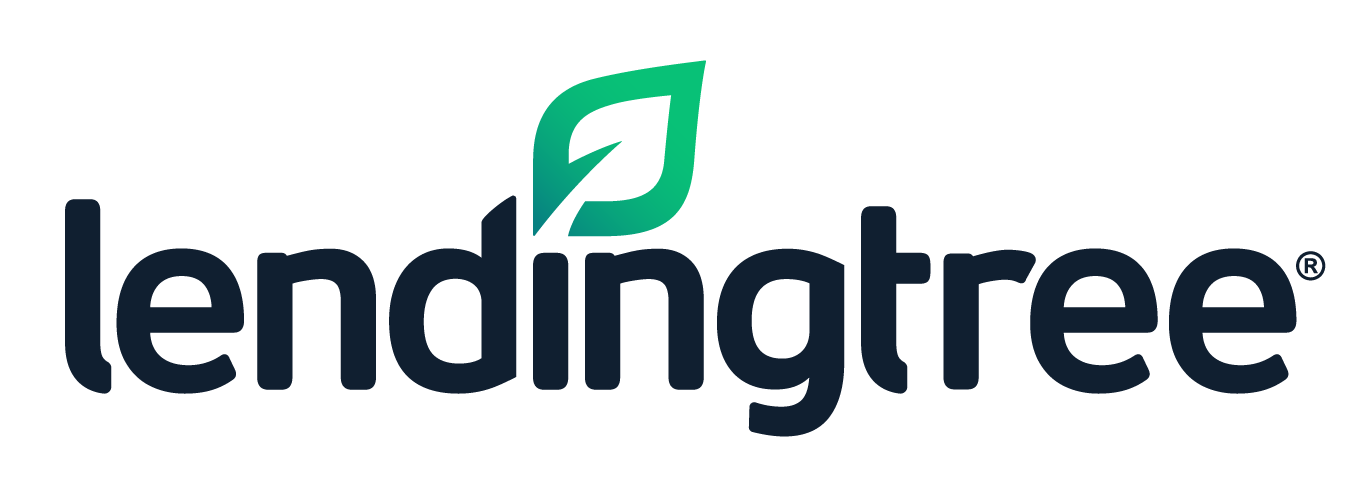Homebuyers know exactly what their home is worth when they purchase it, but after a few years — or even a few months — that number may change. Multiple factors influence whether your home value increases or decreases over time, such as home improvements, local housing market conditions, and the national and local economy. Having a solid grasp on your home’s value is important even after you purchase.
It’s crucial for selling and refinancing
Two of the most important times you need to know your home’s value are when you plan to sell and when you plan to refinance. As a seller, you and your real estate agent need to understand how much your home is worth to estimate your potential profit from the sale and to choose a listing price. Your home value minus the remaining balance on your mortgage and your costs to sell will provide an idea of your final profit or loss on the sale.
The value of your home will also be an important factor if you want to refinance your mortgage to lower your payments or take advantage of low mortgage rates. When refinancing, you need to understand how much equity you have in your home. Equity is determined by subtracting the amount of your outstanding mortgage from the value of your home. The more equity you have in your home, the better your mortgage rate will be. If your home equity is less than 20% of your home value, you’ll need to pay private mortgage insurance (PMI) even on a refinance, which may increase your mortgage payments.
It can help you decide on improvements
While you may have home improvement ideas in mind that match your dreams, it’s wise to consider the impact of those projects on your resale value, even if you don’t intend to move any time soon. Over-improving your home for the neighborhood can make your home harder to sell and limit the return on investment of a given home improvement project.
The annual Cost vs. Value Report from Remodeling magazine provides a guide to typical projects and how much they add to a home’s resale value. For example, the home improvement that provides the best return on investment in the 2020 report is adding a manufactured stone veneer to the exterior of the house. The average national cost of that project is $9,357, with a 96% return on investment. On the other hand, a major, upscale kitchen remodel, with an average cost of $135,547, only recoups $72,993, or 54% of the price.
Those estimates can help you evaluate your plans in the context of your home value and the values of other homes in your neighborhood. For example, a $20,000 kitchen renovation may be a smarter choice than a $50,000 renovation to avoid over-improving your home.
You should also consider using various professional sources to get the most accurate assessment.
You’ll know how much credit you can access
Many homeowners choose to open a home equity line of credit (HELOC) so they can borrow against their home value for home improvements, education costs or for emergency funds. Lenders typically allow you to borrow a maximum of 85% of your home’s value including both your first mortgage and an HELOC. Some lenders may cap the amount you can borrow at less than 85% depending on housing market conditions and your credit qualifications.
Before you can estimate how much you can borrow, you’ll need to know what your home is worth. For example, if your home is currently valued at $300,000 and your remaining loan balance is $200,000, the maximum you may be able to borrow is $55,000.
You may be able to get rid of private mortgage insurance
Private mortgage insurance (PMI) is required by lenders when your down payment is less than 20%. The amount you’ll pay in PMI depends on several factors, including the amount of your down payment, your home value and your credit. The good news is that PMI can be cancelled when your mortgage balance is 80% or less of either your original loan amount or your current appraised value. In other words, if your home value has increased, you may be able to get rid of your PMI faster than you think.
Normally, PMI is automatically dropped when your loan balance is 78% of your original loan amount. That calculation only takes into account the payments you’ve made on your loan, not what your home is worth now. Keeping tabs on your home value means you may be able to start saving money on PMI earlier.
It’s important for determining how much insurance you need
Your homeowner’s insurance premiums protect your investment but also add to the overall cost homeownership. Because the insurance is designed to pay for damages to the home, you need to know the value so you have clear guidance about how much to buy. The amount of insurance you purchase should be enough to replace your home and your possessions, so an insurance agent may need to help you estimate building costs. If the value of your home has risen since you first took out your insurance policy, you may need to increase your insurance. Similarly, if your home has decreased in value, you may be able to cut costs by lowering your coverage.
It can impact property taxes
Your property taxes are based on a calculation of home value and tax rates in your jurisdiction. While property tax assessments are typically done annually by your local government, you do have the right to contest the tax assessment. An estimated 30% to 60% of homes are assessed for more than their value, according to the National Taxpayers Union Foundation. If you know your home value is lower than the tax assessment, you can take several steps to request a revision in the assessment. If you are successful, you could save money on your property tax bill.









